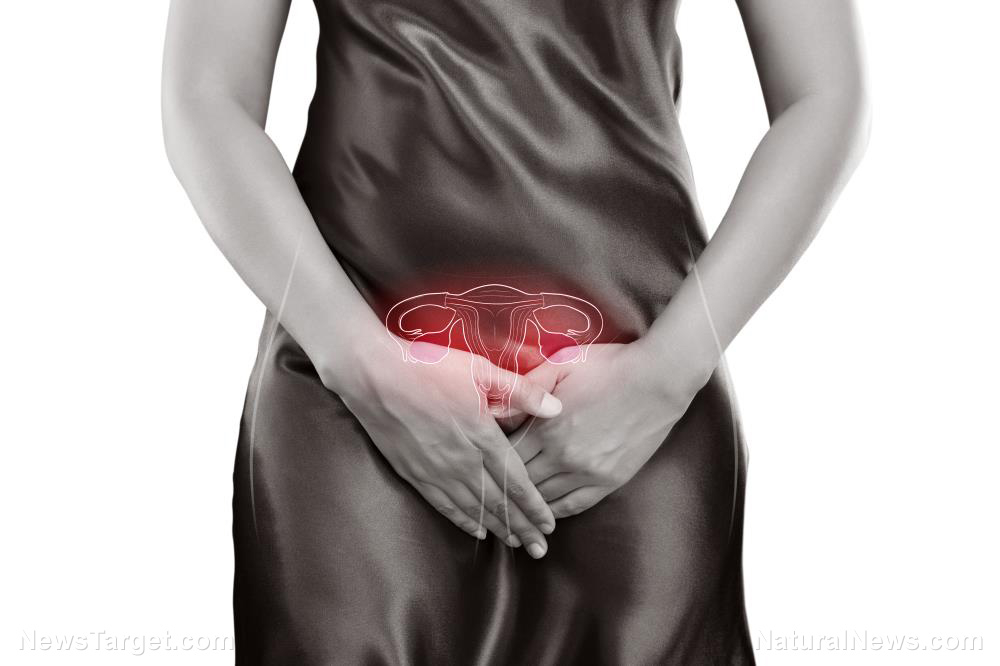Children diagnosed with autism should take vitamin D supplements, say researchers
04/23/2019 / By Michelle Simmons

Vitamin D, also known as the sunshine vitamin, can do more than just support your bone health. A study published in the Journal of Child Psychology and Psychiatry suggested children with autism spectrum disorder (ASD) take vitamin D supplements. The study revealed that supplementing with vitamin D can improve the symptoms of ASD.
In the study, researchers from Egypt looked at the effects of vitamin D supplementation on the symptoms of autism in children. For this purpose, they recruited 109 children with ASD, which is a common developmental disorder characterized by pervasive deficits in social interaction, impairment in verbal and nonverbal communication, and stereotyped patterns of interests and activities.
Then, they randomly assigned the participants to take either 300 international units (IU) per kilogram of vitamin D3 or a placebo every day for a period of four months. They also measured the vitamin D levels of the participants at the start and at the end of the study. In addition, they evaluated the severity of autism and social maturity of the children.
Based on the results of the study, the researchers found that those who took vitamin D supplements experienced dramatic improvements in the symptoms of autism. In addition, vitamin D supplementation was well tolerated by the participants.
From these findings, the researchers concluded that vitamin D significantly improves the symptoms of autism. Therefore, they suggested that the vitamin can be used as a safe and effective supplement for improving the signs and symptoms of autism in children.
Mother Nature's micronutrient secret: Organic Broccoli Sprout Capsules now available, delivering 280mg of high-density nutrition, including the extraordinary "sulforaphane" and "glucosinolate" nutrients found only in cruciferous healing foods. Every lot laboratory tested. See availability here.
Vitamin D deficiency linked to autism risk
Previous research has shown a link between vitamin D deficiency and autism risk. A study published in the Journal of Endocrinology found that having below normal levels of vitamin D during pregnancy and breastfeeding may be associated with an unusual pattern of brain development that can result in differences in social behavior of children later in life.
In this study, researchers looked at how maternal vitamin D levels may affect the brain development of the offspring. They examined the changes in markers for brain function and social behaviors of adult rats born to mothers that were vitamin D deficient during pregnancy and lactation.
Through this study, they found that rats born to vitamin D deficient mothers exhibited abnormal social behaviors, altered brain chemistry, and impaired learning and memory in adulthood. Changes in social behaviors are a hallmark of various human conditions, including ASD.
From these findings, the researchers concluded that vitamin D is important during pregnancy and breastfeed for the proper brain development of offspring.
A human study also suggested that having enough vitamin D during pregnancy can help reduce the risk of an unborn child developing autism. Published in the journal Molecular Psychiatry, the study was part of ‘Generation R,’ which is a large research project on youth in the Netherlands.
The study’s researchers reached their conclusion after analyzing the levels of vitamin D of over 4,200 blood samples taken from both pregnant women and their children. The blood samples were take twice. The first was taken when the mother was 21 weeks pregnant, and the second was taken at birth. When the children reached six years old, the parents filled out a questionnaire called the ‘Social Responsiveness Scale’ to determine if their children were exhibiting autism-related traits.
After comparing the mothers’ vitamin D levels with the self-reported signs of autism in their children, the researchers observed a crucial link. The mothers who were vitamin D deficient by the time they gave birth were more likely to deliver a baby who exhibited autism-related traits once they turned six years old than those who had adequate vitamin D levels.
Learn more about autism at AutismTruthNews.com.
Sources include:
Tagged Under: #nutrition, alternative medicine, ASD, autism, Autism spectrum disorder, autism truth, child health, children, children's health, natural cures, natural medicine, natural remedies, natural treatment, nutrients, prevention, research, supplements, vitamin D, women's health



















